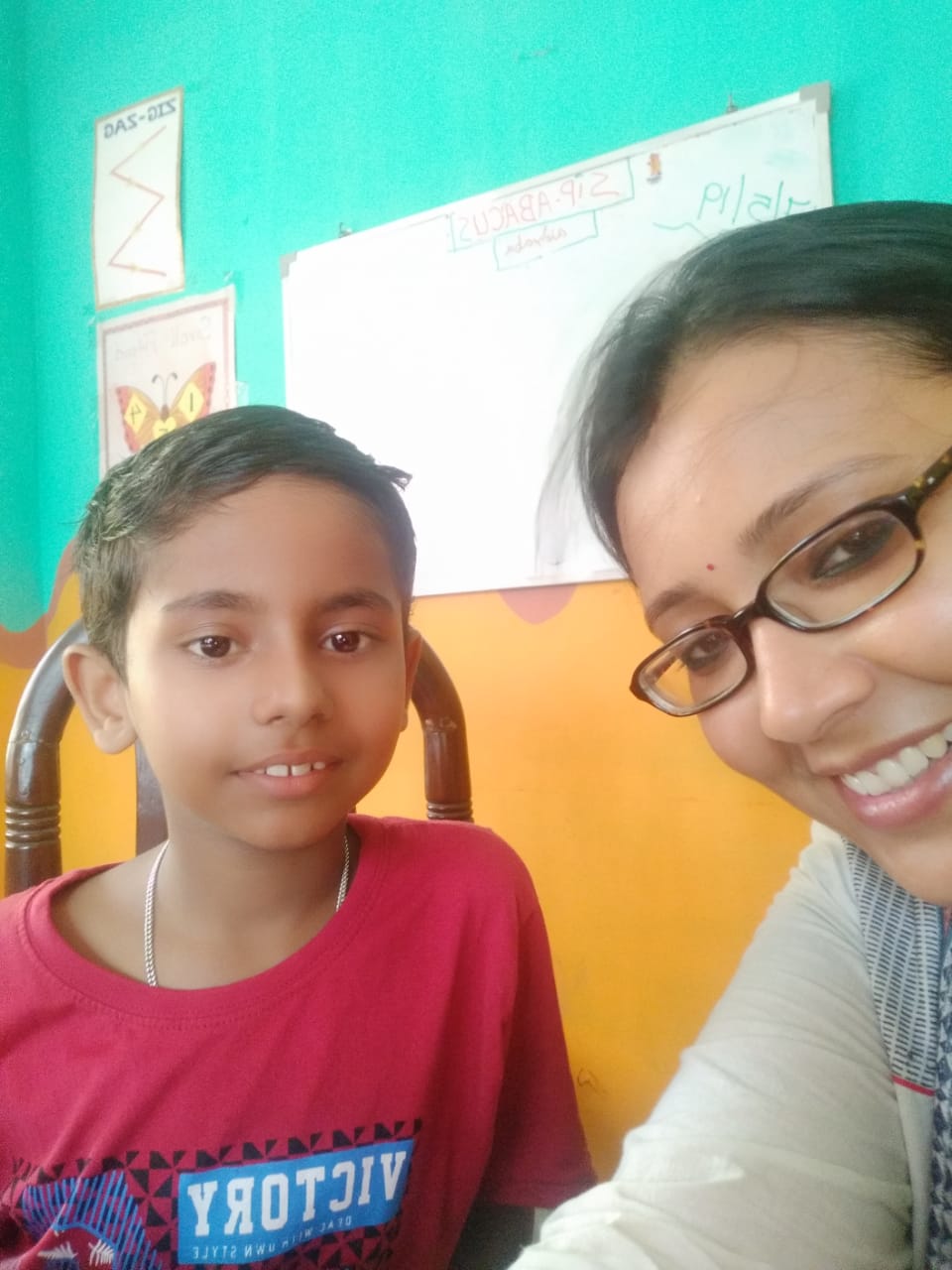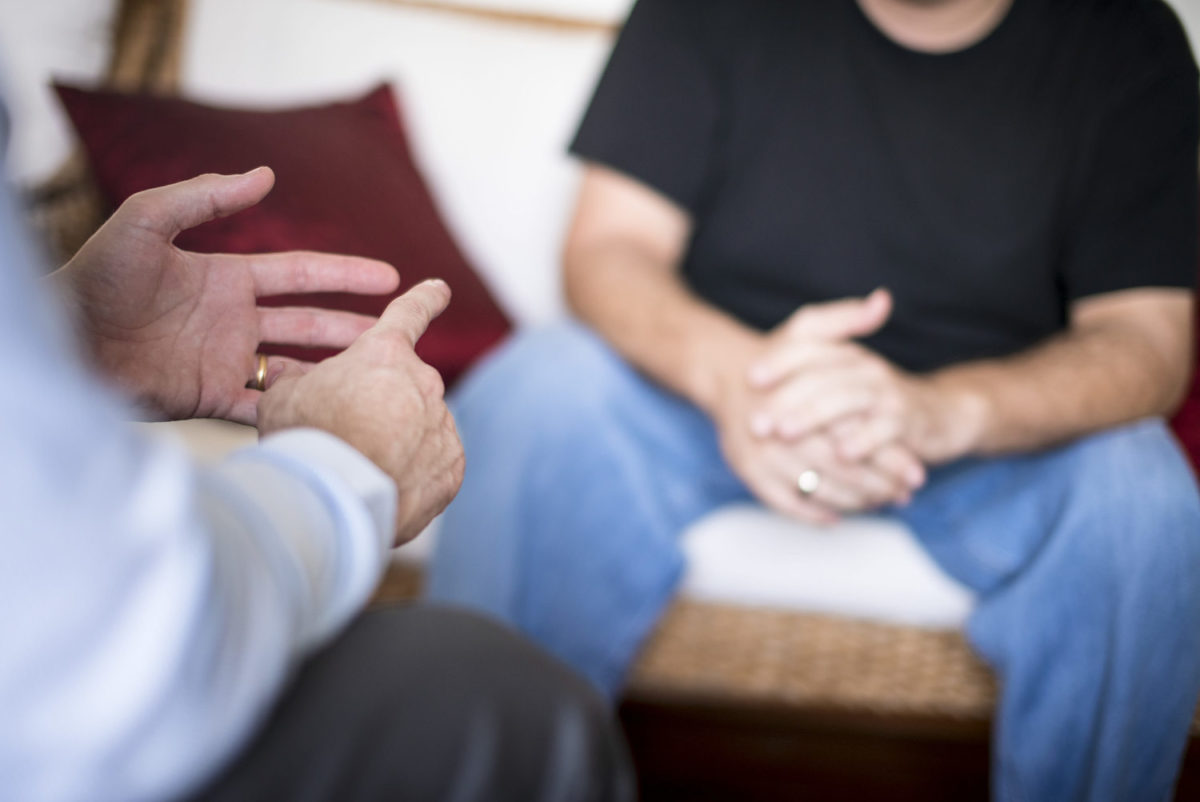
What is EGO ??
Is having Ego good for a person or not… most of us will say that Ego is bad for a person.. or a person with bad attitude is generally regarded as a person having ego.. and some times ego is also misinterpreted for envy. Some one who envies us has an ego problem.
BUT IS IT REALLY TRUE??
No, Ego is just like a bridge between our internal desire and social outlook.
Now most of us will ask. “how is it even possible?”
Let me explain it to you through a story.
There were 3 friends, 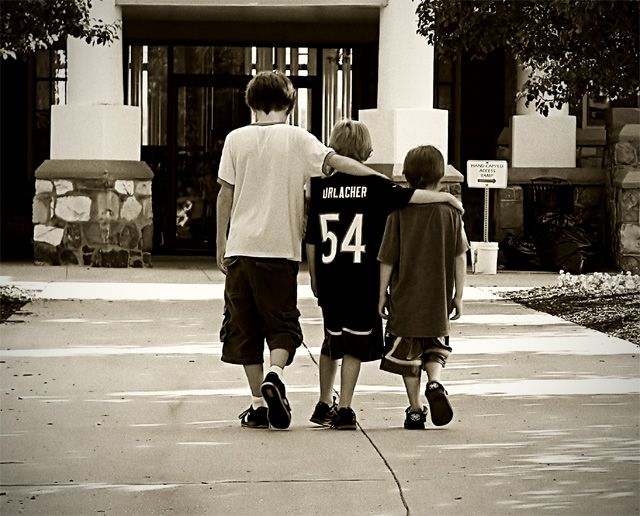 EDD,EDEN, EDDY. Poor and struggling through their living, they led their life in misery. one day as they were starving, they passed by a pastry shop. They stopped by the shop ad looked through the glass wall, inside the shop. There were delicious pastries beautifully kept inside the glass display. Their mouth filled with water, and wanted to have some of those delicious pastries. They all checked their pockets and looked through the glass wall in disappointment. Eddy being the younger one was unable to control his hunger. He suggested that he would break the glass wall and run., and when the shopkeeper will follow him to catch, Eden and Eddy will steel some of the pastries and run the other way. and after a while they all will meet at a point and have their feast.
EDD,EDEN, EDDY. Poor and struggling through their living, they led their life in misery. one day as they were starving, they passed by a pastry shop. They stopped by the shop ad looked through the glass wall, inside the shop. There were delicious pastries beautifully kept inside the glass display. Their mouth filled with water, and wanted to have some of those delicious pastries. They all checked their pockets and looked through the glass wall in disappointment. Eddy being the younger one was unable to control his hunger. He suggested that he would break the glass wall and run., and when the shopkeeper will follow him to catch, Eden and Eddy will steel some of the pastries and run the other way. and after a while they all will meet at a point and have their feast.

But EDD being the senior of all protested to the plan. He was adamant that he will starve to death rather to steel something. It was against his moral grounds. Now it was tough for Eden to decide whether to go with Eddy’s plan, as he was starving too, or to support EDD as he was correct on his side. Eden thought for a while and came up with an idea that they will go inside the shop, have some food and will help the shopkeeper with his chores in exchange of food.
All of them agreed to the idea, went inside the shop, had their food and worked for the shopkeeper in exchange. Everything went well .
Now the role that Eden played in the story is as same as ego plays in our life. Ego mutualises between our internal desire and social upbringing.
Psychologically our internal desire is called ID. And our social upbringings are called super ego. And the part between ID and super ego is ego.
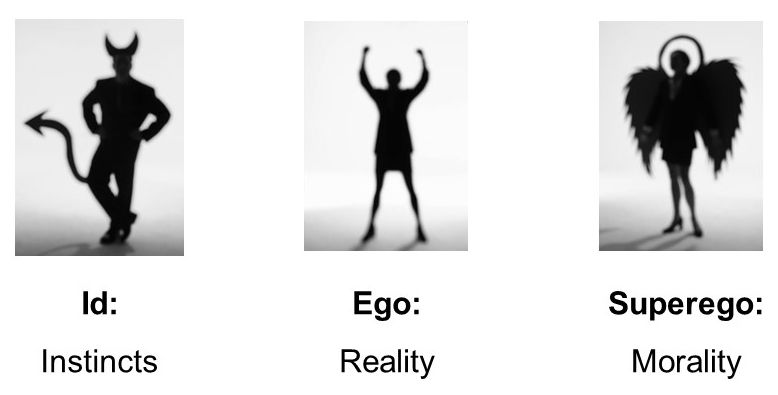
Our ID influences us to do things which are not accepted by our society. Where as super ego obstructs us from performing that act which is not accepted by the society.
For example, while walking through a park, we have seen many pretty, beautiful or handsome boys or girls around. But seeing some one really handsome or beautiful, how many of us have ever dared to approach him \ her. Our internal desire or ID always wanted to talk or walk with that beautiful or handsome boy or girl, where as super ego restricts us from doing so as it would be against the law of the society. Then what can we do satisfy our desire??? We can ’t go and approach them but internally we are desperate to do that.. here jumps in our hero.. ego.. we can’t talk to them but at least we can check them out.. or we can glaze at them and fill our hearts to the fullest..
Ego maintains the balance between our desire and appearance. As well as it builds a wall of defense around us.
Example- if you do some thing against our super ego, our ego builds up a defense wall to justify our deeds. Or to explain the situation in which the work has been performed.
In simple words Ego is like a partner to us.. it gives us the identity. And helps us to defend ourselves in any situation.








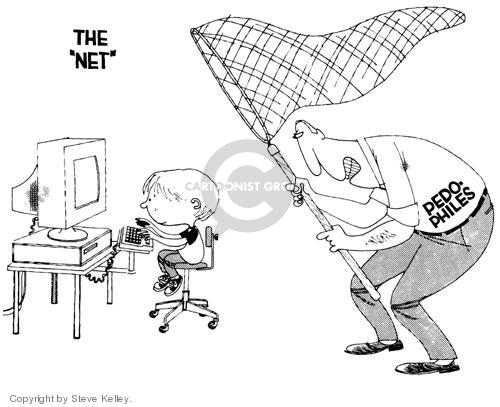
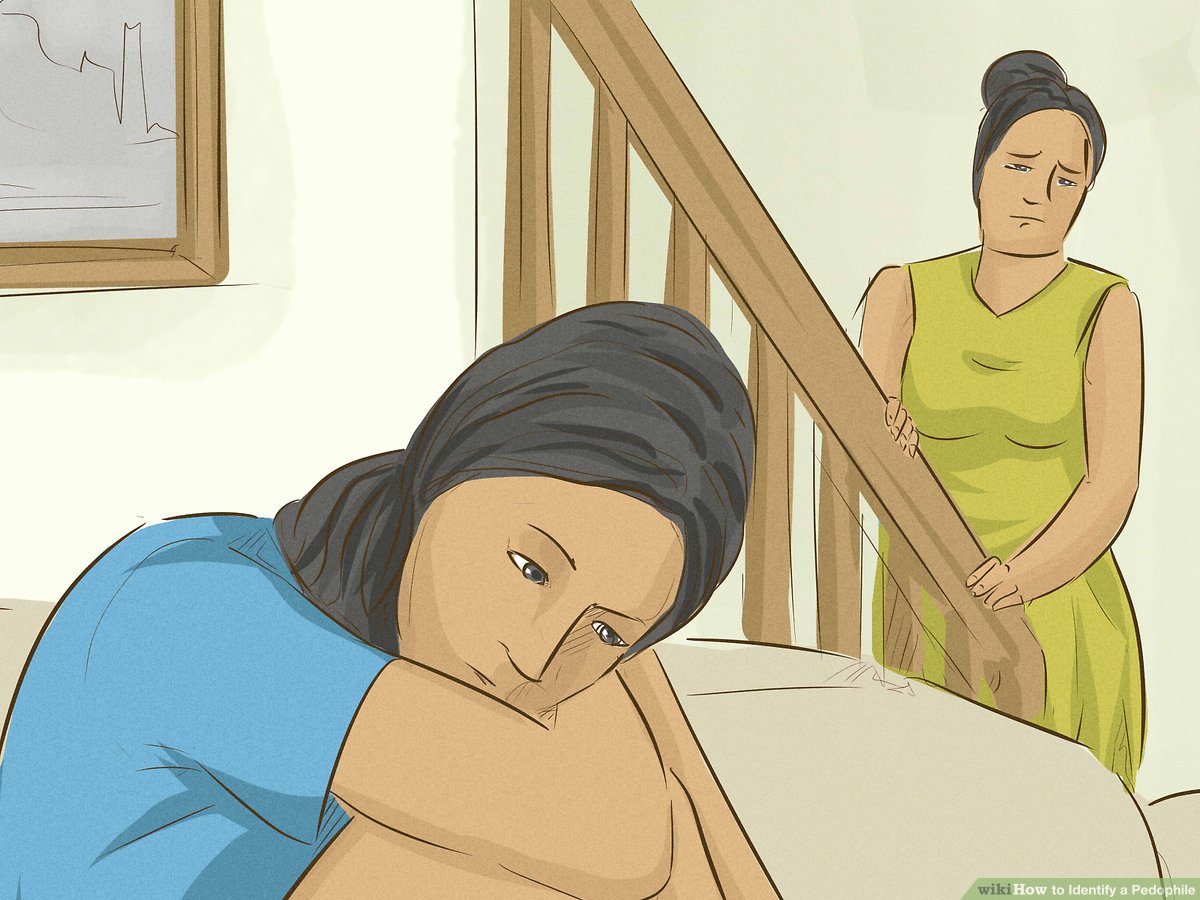 Psychological effects
Psychological effects
